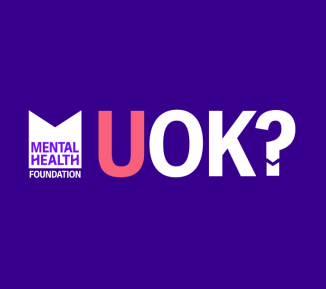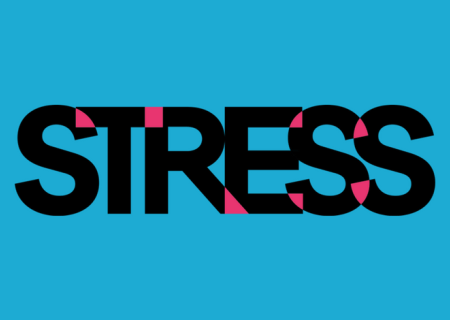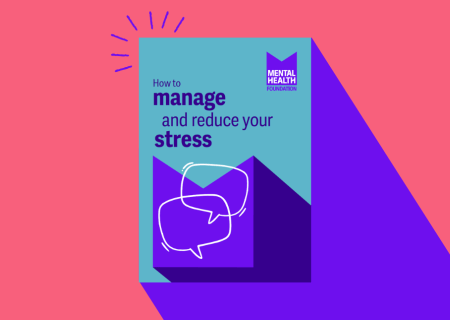StressLESS is a project that aims to empower young people with the tools they need to manage stress and support their wellbeing. In March 2025, we’ve launched new digital resources for practitioners working with young people, informed by young people.

The history of StressLESS
In 2017, we launched our StressLESS (formerly, 'UCAN StressLESS) pack which was co-created by young people with long-term health conditions and the organisations that supported them. Funded by the Health and Social Care Alliance, we worked with 232 young people living with long-term conditions to explore and develop solutions that would increase confidence in how to manage their physical conditions as well as their mental health needs. To achieve this, we worked with six health charities that facilitate support services and self-management programmes to support young people and their families to navigate long-term health conditions.
In 2023, we began work to update the pack and improve its usability and accessibility, making it available as a digital resource. We recruited a working group of partners to support this development and ensure young people’s views informed this.
Our partners throughout the project 2017 to now:
- The Ripple
- Versus Arthritis
- Enable
- Cyrenians
- Scran Academy
- NHS GGC (Aye Mind)
- Aberlour
- Healing for the Heart
- Leaders Unlocked
We’ll be launching the new resource in March 2025 at our launch event, ‘Working together to StressLESS’, with support in planning by Edinburgh Children’s Hospital Charity, Carers Trust Scotland, and the NHS Tayside CAMHS team.
About the StressLESS resource
The resource sets out plans for practitioners to run a 9-week programme which can be tailored to their group, or one-off individual sessions to adapt to the groups’ needs. These sessions are designed to support with particular topics such as managing stress, relationships, communication, stigma and more.
The sessions are creative and interactive, and the pack has notes on how to adapt the sessions to ensure they are inclusive and sensitive to different groups and needs.
The concept of visualising stress was fascinating. I enjoyed the way that it allowed young people to visualise their stress in a way that you can kind of hold and feel something as well. I also liked that it discusses online based activities which is not often recognised within stress.”
If you’re interested in the StressLESS project, please email our Project Manager Gillian Meens.
Email
Programmes for families, children and young people
Small Talk

UOK?

Family Zone

Related content

